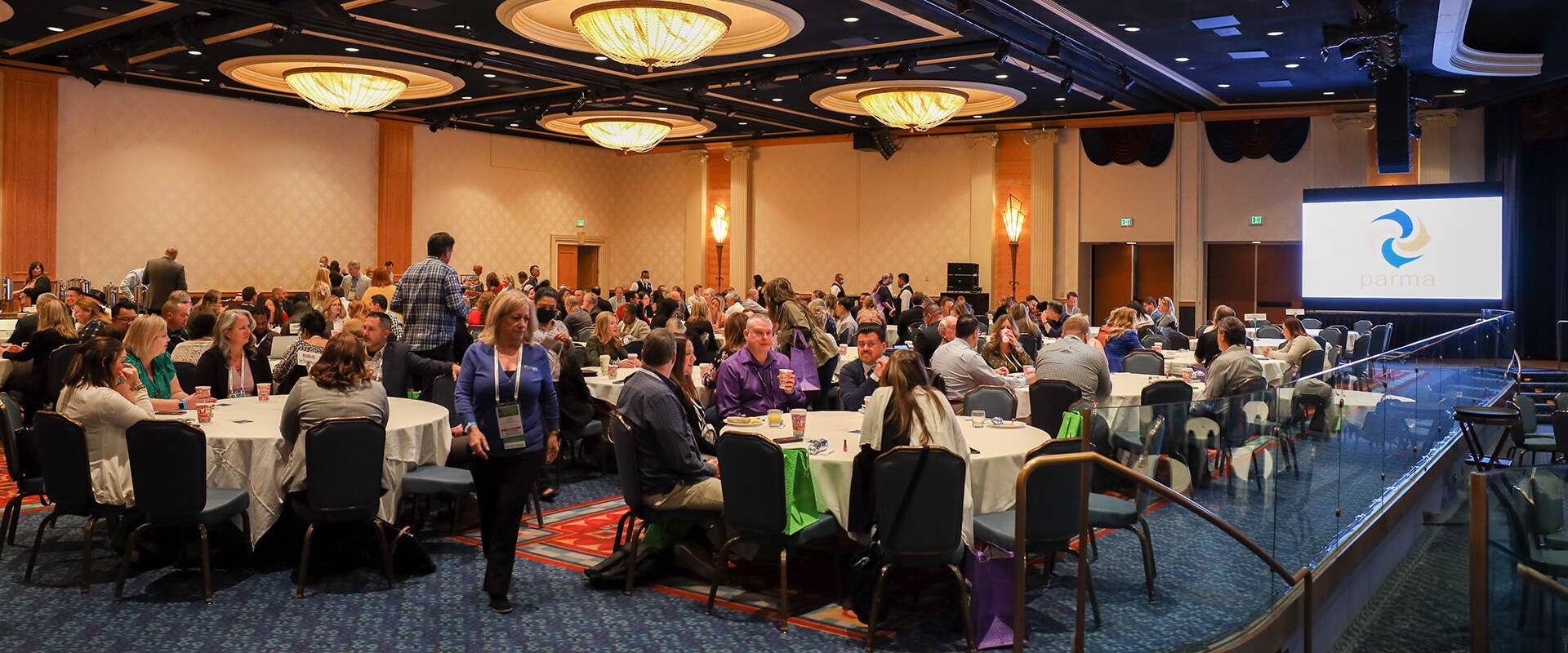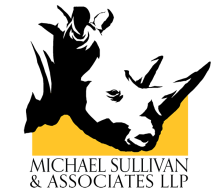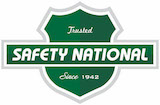Three months after the most destructive fire in California’s history, the residents of Paradise were sifting through the rubble of their houses, moving out of shelters and into less temporary but not permanent housing, considering the future of their home.
Catrin Edgeley took her notebook and recorder to the destroyed town. She wanted to understand the ecology of the human response to the Camp Fire. For how often this happens, there are still so many unknowns.
Edgeley works at the intersection of forest management and sociology, studying how human communities adapt to wildfire and how they prepare and recover. Despite the significant human toll of wildfires, particularly in recent years, as fire seasons in the West have gotten longer, more severe and closer to development, most research has focused on the ecological effects and response.
“The human side is really challenging because it’s always evolving,” she said. “Humans move, fires come through in different ways, dynamics change—the same community could be completely different after a few years. There are always new things to be looking at, which makes it a lot more challenging than basic ecology. We often have a good idea of how vegetation is going to return, but we don’t necessarily know how people are going to respond.”












